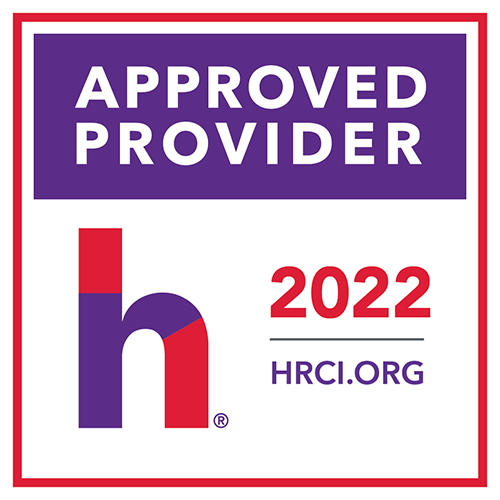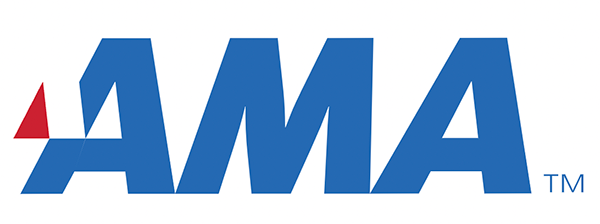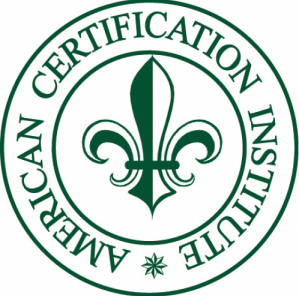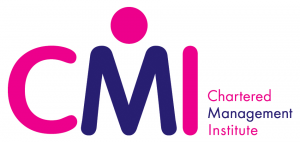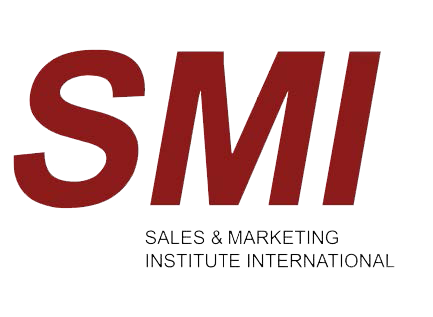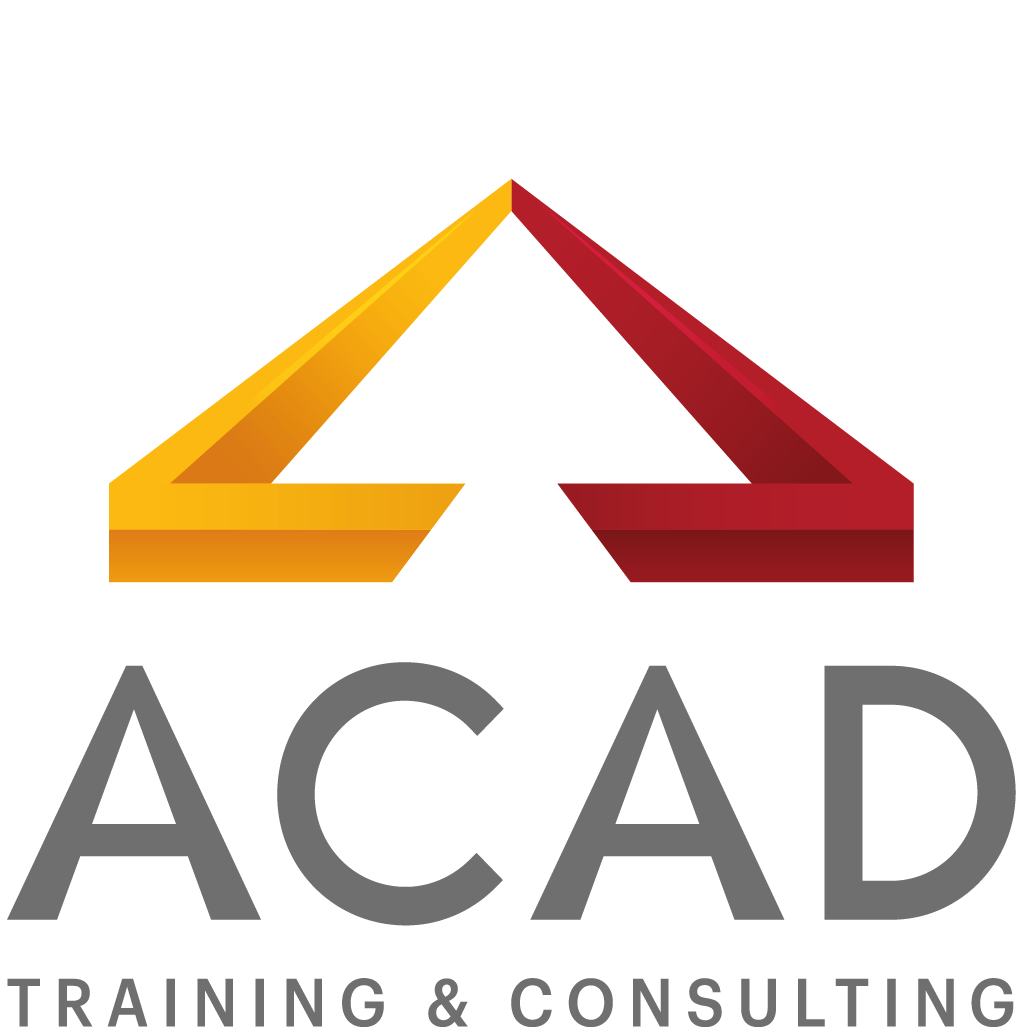Choose your preferred training format and enroll today with ACAD Training & Consulting


Venues
10+

Trainers
200+

Clients
5000+

Training Categories
20+

Participants
600,000+

Performed Courses
25,000+

The Right Step for Human Investment
Since competition has emerged as a fundamental reality that leads to either success or failure of businesses, the comprehensive change has become imperative. In so doing, a scientific approach that is able to manage and make the change happen effectively, starting with proper planning, creating the base of continuous change and defining goals objectively. To that end, specific resources have to be allocated to maintain the competitive edge of businesses. In addition, the entire process requires a management that has a macro vision for change at all organizational levels. An integrated approach to manage change is a pre-requisite together with professional, enthusiastic and supportive leadership. To contribute to these changing realities and to cope with the development of management and technical competencies that enable businesses lead the change and to apply integrated and continuous development approach to their human capital from a new perspective that is able to mitigate risks that are likely to impact business results. ACAD Training & Consulting has accomplished its’ training plan for the year 2025. The topics of the plan are unique and diversified in terms of certified and accredited training programs that meet the new realities and practices. Remain hopeful of satisfying your training needs.
Consultant Engineer Mohamed Ibrahim Saad
President of Arab Consulting And Development Corp. (ACAD Training & Consulting)
Upcoming Training Programs

Categories

International & Local Affiliations

Why do individuals seek Professional Certificates nowadays?
The swift evolution of the economy, propelled by technological advancements, has prompted employers to value employees who have enhanced their qualifications through the acquisition of advanced certificates or certifications relevant to their professions. This dedication to continuous skill development enables organizations to address the increasing demand for new competencies within the labor market.
The findings of the report indicated that individuals who obtained a certificate or certification experienced a heightened value in the job market regarding their educational qualifications. This trend was particularly pronounced among those lacking a college degree, as 60% of the nearly 50,000 working adults surveyed regarded their educational experiences as beneficial, in contrast to only 44% of respondents who did not possess any form of certification.
View all accredited courses
Venues

Testimonials

The course training expert 'Prof. Raouf Nassif' is an excellent trainer and very expert in his field, who present a magnificant amount of information, data, & expertise. Also, the course coordinator of ACAD Corp. is really professional & cooperative person. Thanks a million to 'Mr. Sherif Saad' for his great support.
Maintenance & Operation of Rotating Machinery
Orascom Construction - Egypt
Perfect Instructor, perfect & friendly organization, from CEO to buffet guy, who are working with passion, loving their work. I'll come again for new courses for sure :)
PMP Preparation Course
Enppi - Engineering For The Petroleum & Process Industries - Egypt
السادة / المؤسسة العربية للإستشارات والتنمية (أكاد) المحترمين، أسعدنى كثيرا مشاركتى وحضورى فى احد البرامج التدريبية المنفذة من قبلكم فى برنامج (مهارات التخطيط والتنسيق والمتابعة) والذى أستفدت منه الكثير على يد الأستاذ الدكتور الفاضل / أسامه فريد حفظه الله. مع خالص التحية والتقدير.
مهارات التخطيط والتنسيق والمتابعة
رئيس المرافق المؤجرة، مطار الملك خالد الدولى
الهيئة العامة للطيران المدنى
المملكة العربية السعودية
I would like to thank ACAD Corp. and all its staff members for the marvelous efforts to reach such quality assured and competency-based training in the PR and media.
Contemporary Approaches to Public Relations & Objective Media
Save the Children Organization - Yemen
It was a great pleasure to have this rich course with respectable person like Mr. Mohamed Owais, as it was my first and not my last time to have another course in this reputable training centre. Many thanks to ACAD training coordinator.
Measuring & Maximizing The ROI on Training - HRCI Pre-Approved Training Course
El Sewedy Electric - Egypt
اتقدم بوافر الشكر والتقدير لمنسوبى (أكاد) وعلى رأس الجميع رئيس المؤسسة الأستاذ المهندس/ محمد سعد وجميع المنسوبين واخص ايضا الاستاذ فتحى حيث كانوا بمثابة الأخوة والأصدقاء واشاعوا جواً من الألفه والمحبة والجميع مما أشعرنا بإننا وسط أخواننا وأهلنا وجعل الرغبة لدينا فى الحضور والمشاركة بكل نشاط فى البرنامج ونشكر أيضا الأستاذ الدكتور/ عادل سعد الذى لم يبخل علينا فى أى معلومة فلهم منا جميعا الشكر والتقدير وندعو لهم بالتقدم والازدهار وإلى الأمام .أنشاء الله
إدارة الأداء والتخطيط للتنمية الوظيفية
مشرف التدريب بقطاع الجنوب، مطار ابها الاقليمى
المملكة العربية السعودية
It was a great pleasure having a training course in your center. The instructor was more than perfect in delivering information. Surely, I will come back again soon for more trainings.
Situational Leadership Strategies
Ministry of Transport - KSA
فى هذا الإيجاز اود أن اشكركم على كل ما بذلتموه وما تبذلونه من جهد فى تنمية الموارد البشرية وحسن التعامل والثقة مع المتدربين لديكم كما لايفوتنى أن اتمنى لكم المزيد من التقدم والفلاح.
مهارات القيادة الإبداعية وبناء فريق العمل
معهد الإدارة العامة
المملكة العربية السعودية
فى نهاية أيام الدورة المنعقدة فى المؤسسة العربية للإستشارات والتنمية (مؤسسة أكاد) نهنئ أنفسنا بإختيارتنا لهذه المؤسسة العلمية التى تملك خيره النخبة العلمية القادرة على تقديم أفض المواد العلمية، كما لايفوتنى ان اشكر إدارة المؤسسة على حسن الاستقبال وكرم الضيافة متمنياً من الله ان تكون هناك علاقة على نطاق واسع مع الجمارك السعودية مع تحياتى وتقديرى لجميع أسرة المؤسسة العربية وكل عام وانتم بخير
النظم الإحصائية فى المحاسبة الحكومية طبقا لتصنيف صندوق النقد الدولى
مدير عام جمرك مطار الملك عبدالعزيز الدولى
مصلحة الجمارك – وزارة المالية
المملكة العربية السعودية
Our Clients

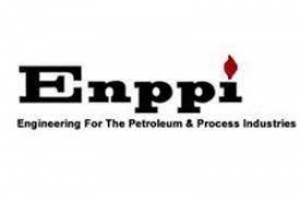
Enppi
View more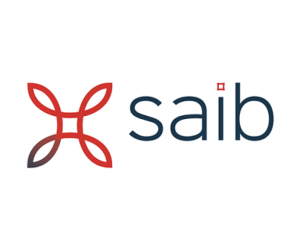
SAIB Bank
View more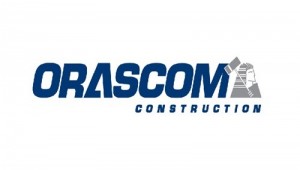
Orascom Construction
View more
Banque Masr
View more
Juhayna
View more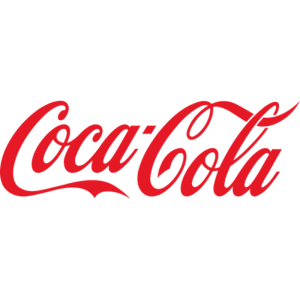
Coca
View more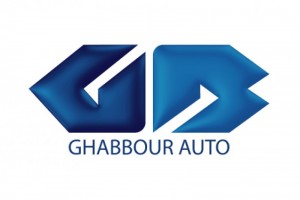
Ghabbour Auto
View more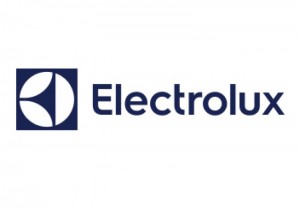
Electrolux Egypt
View more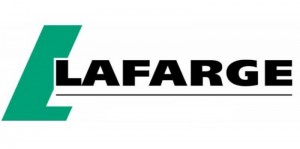
La Farge
View more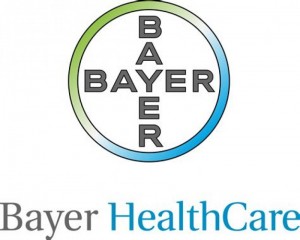
Bayer healthcare
View more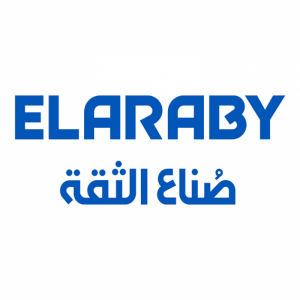
El Araby Group
View more
Nokia Egypt
View more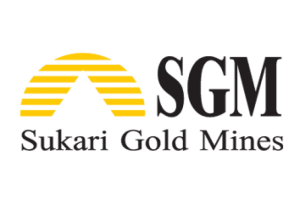
Sukari Gold Mines
View more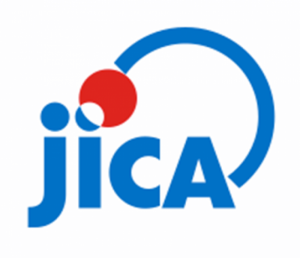
JICA
View more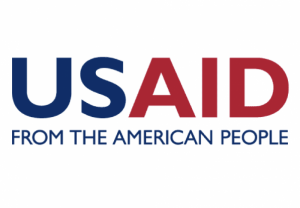
USAID
View more
Yemen
View more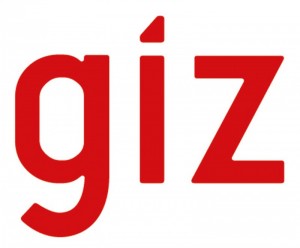
GIZ
View more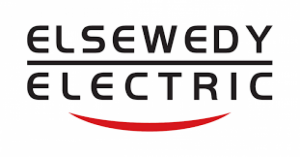
EL Sewedy Electric PSP
View more
Ezz Steel
View more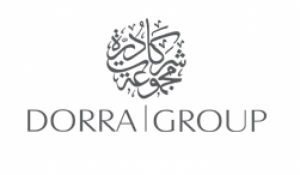
Dorra Group
View more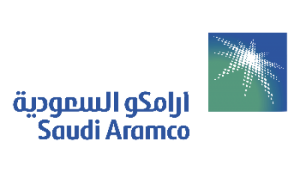
Saudi Aramco
View more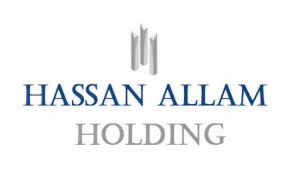
Hassan Allam Holding
View more
Japan Tobacco Industries - JTI
View more
mars wrigley
View more
El Ahly Sabbour
View more
NATCO S.A.E.
View more
SMG Engineering Automotive Company
View more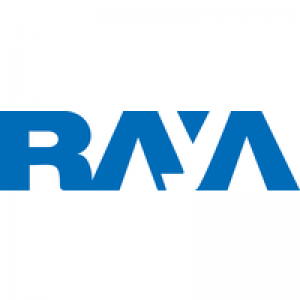
Aman - Raya
View more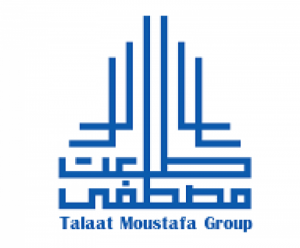
Talaat Mostafa Group
View more
Lesaffre
View more
King's School - The Crown
View more
AMAN for Financial Services
View more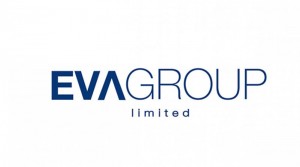
AKHNATON S.A.E
View more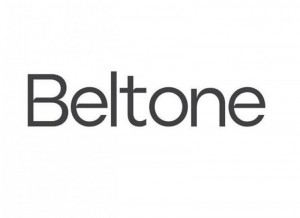
Beltone Holding
View more





 English/Arabic
English/Arabic 19 - 30 Jan
19 - 30 Jan $1800
$1800




